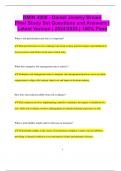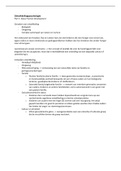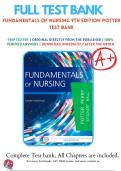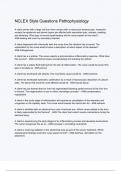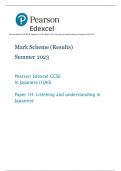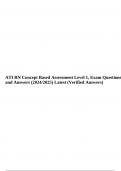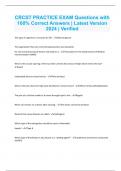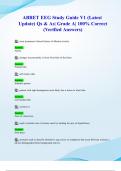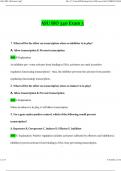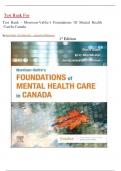Tentamen (uitwerkingen)
RMIN 4000 - Daniel Jeremy Brown Final Study Set Questions and Answers | Latest Version | 2024/2025 | 100% Pass
- Vak
- Instelling
RMIN 4000 - Daniel Jeremy Brown Final Study Set Questions and Answers | Latest Version | 2024/2025 | 100% Pass What is risk prioritization and why is it important? Risk prioritization involves ranking risks based on their potential impact and likelihood to focus resources and efforts on the...
[Meer zien]
